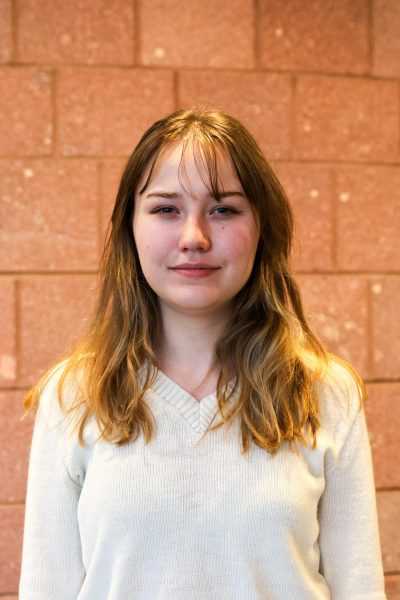Some students will be seeing a new online software besides Blackboard Learn in their courses this fall. As pilot testers, these students and their professors will influence the new learning management system (LMS) Grinnell College will switch to campus-wide in the fall of 2025.
The four systems currently being considered for pilot-testing throughout classrooms are Blackboard Ultra, Canvas, Moodle and D2L Brightspace. Co-chair of the LMS Discovery Work Group and associate dean for academic life, Andrea Tracy `99 said two to three of these options will actually be tested in the fall. Tracy also said the classes and professors who will be testing the LMSes have not been determined yet.
Tracy and Gina Donovan `04, also co-chair and senior instructional technologist, cited Blackboard Learn’s impending upgrade to a revamped Blackboard Ultra as the reason for the revisit to the College’s current LMS. If the College were to not make any active changes to the LMS, it would automatically be switched to Blackboard Ultra.

“We thought this was a really good opportunity to do more investigation into our options,” Tracy said. “To determine what our needs and wants were for an LMS at Grinnell, and then look at the available LMS platforms and make an informed decision about what our next choice is.”
After the company that owns Blackboard Learn, Anthology, announced they would no longer be supporting the software soon, the College created the LMS committee in the fall. Anthology has not released an official time for when they will stop supporting Blackboard Learn. The College has used Blackboard Learn for 22 years and has not seriously reconsidered the LMS during that time, Donovan said.
To ensure the new LMS the College ultimately chooses addresses a wide variety of campus needs, Tracy and Donovan solicited representatives from the registrar, disability and accessibility and different academic divisions among other areas of the College. Both said they also plan to pilot the systems in a variety of courses from different disciplines to test each one’s rounded functionality.
“We specifically picked, among the people within the working group, as many people from as many different areas as we could,” Donovan said. “We’re trying to cover as many things as possible.”
By the end of this semester, the LMS planning committee intends to narrow their LMS options down to two or three. Then, starting in the following fall 2024 semester, professors and faculty who have volunteered to test out the LMS will pilot them in their classrooms.
Come Nov. 1, after gathering feedback from students and faculty, the committee will submit a decision to Beronda Montgomery, dean and vice president of academic affairs, for which LMS they recommend.
Before the all-campus-wide switch in the fall 2025 semester, professors and faculty can choose to opt-in to using the final LMS in their courses.
Tracy said the committee has foreseen some possible issues, though. For example, the “mental effort” from students who have to use more than one LMS in the next academic year.
“There is a learning curve, there is more burden,” Tracy said of the possibility. “Unfortunately, we don’t really see any way around that. Hopefully, the new software will be intuitive and easy to use.”
Donovan said any LMS the College chooses to switch to will have a comparable cost to Blackboard Learn.




















































